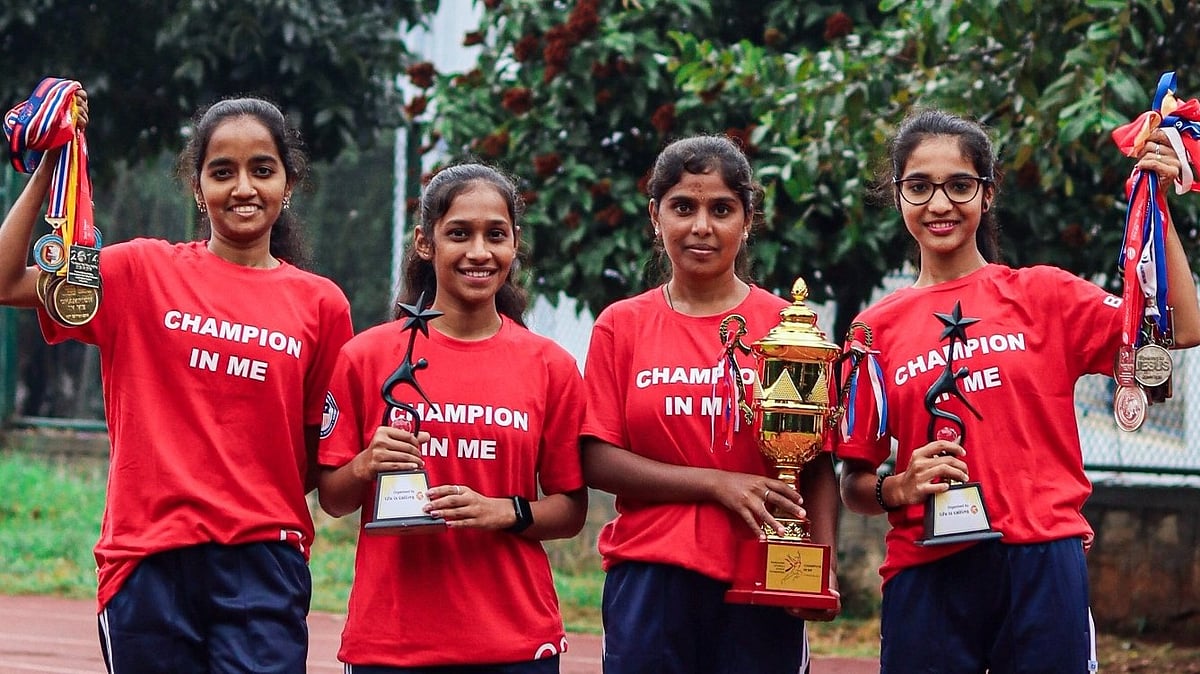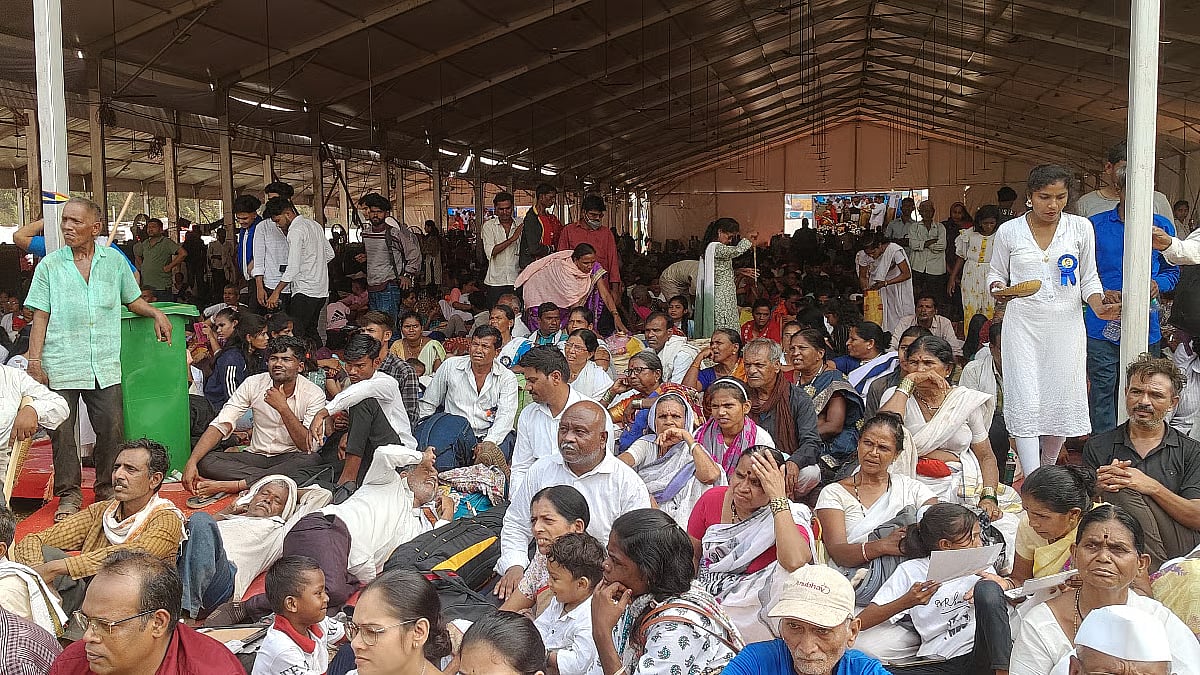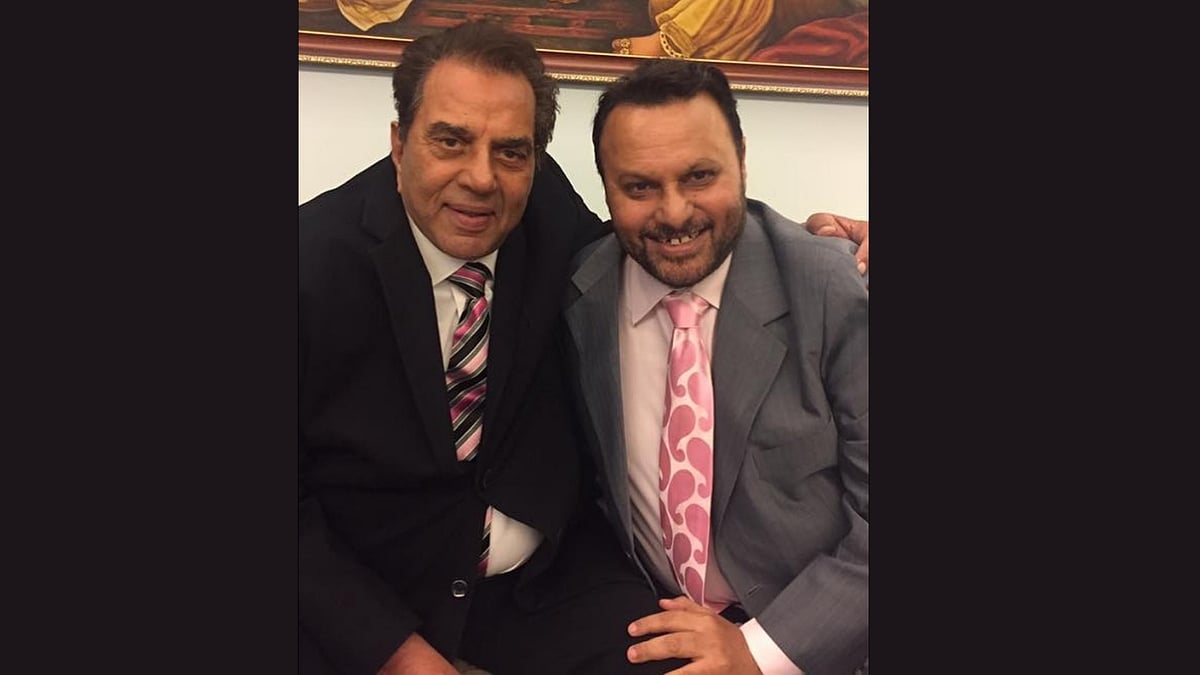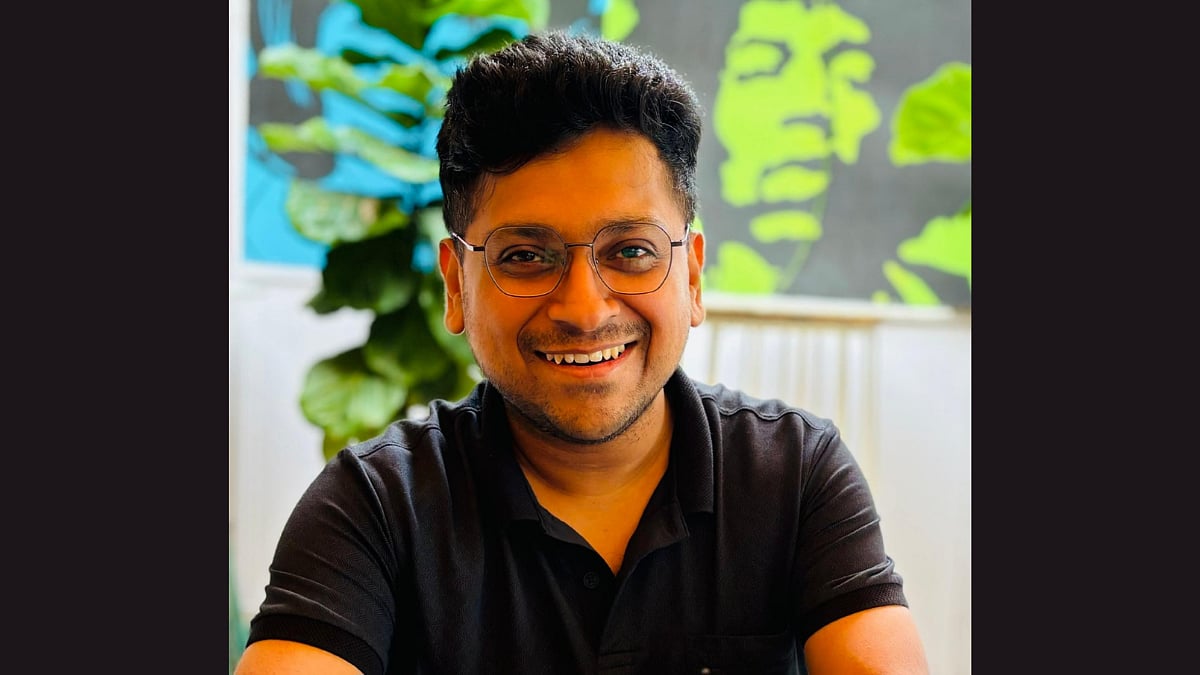Growing up in a joint family in Meerut, Abhinav Kumar, 31, had a traumatic childhood. He faced repeated verbal abuse at the hands of his parents and was constantly belittled for his ‘mediocrity’. His extended family too teased him, gave insulting nicknames, and often tried to hide verbal abuse behind humour, which added to his emotional trauma. The constant put-downs in his early years left him demoralised and robbed him of self-confidence. As a parent, he inadvertently repeated the pattern. “As an adult, I had promised never to behave with my children the way my parents behaved with me. But it seemed like I hadn't learned from my parents’ past mistakes and repeated their toxic parenting pattern with my tiny tots. But I sought help and quickly made amends so that the cycle is broken, and for good,” he says.
Pattern of pain
Often, toxic parenting in India is justified or left unacknowledged by parents and their peers. “It pains me to admit that parents can be toxic, hurtful, and highly damaging to their child’s growth and personality. Whether or not this toxicity happens to be intentional is irrelevant; impact is always more important than intent. Toxic parenting can be detrimental and often leaves a life-long impression on the child,” says Prakriti Prasad, parenting coach and author of ParenTeen.

Parenthood surely doesn’t come with a manual. It is a responsibility that no parent is ever adequately prepared or equipped for. Adults tend to enact that role based on their lived experiences during childhood. Mumbai-based psychotherapist and child counsellor Padma Rewari says, “There are triggers or unconscious patterns behind toxic parenting. A parent’s past childhood experiences can be a part of their being overly authoritative with one-way communication.”
Parents’ attempts to be strict disciplinarians may backfire. “Children growing up in such an environment are low in confidence, self-esteem and struggle with making independent decisions,” says Rewari.
Parents themselves may be caught unawares by their child’s response to their parenting. “Parents do it almost unconsciously under the garb of raising well-mannered and disciplined kids. But their endeavour goes in vain as these kids start revolting while growing up, constantly struggling with bitter memories of childhood,” observes Rewari.
Parents have many problems of their own to deal with daily. Most children can deal with an occasional outburst of anger but need reassurance, love and understanding to counter its adverse effects in the long run. “Comments like ‘You’re worthless. What else can one expect from you? You will never achieve anything in life’ are incredibly damaging. Parents should be encouraging and helping children through life’s toughest moments, but unmindfully they are the ones inflicting this kind of pain on the children. Consequently, children develop profound wounds, become fearful, guilty and unsure or even turn rebellious as an act of protest,” says Prasad.
Signs of toxicity
The toxic behaviour that children receive or see affects their mental health. The child shows fear and anxieties, feels stressed and depressed, develops phobias, becomes silent and inexpressive, suffers in silence, grows up as a traumatised adult, and repeats the behaviour as a parent.

Many actions, words, behaviour, and conduct count as toxic behaviour. These repeated verbal, physical, and emotional attacks break the child’s spirit, confidence, and self-worth. “Parents who are highly critical, excessively controlling, self-centred, and lack empathy are the ones who can be termed toxic. They end up raising a child who is low on self-esteem, self-worth, confidence and is always under pressure, unhappy and struggles with anxiety, and depression. Children of toxic parents often face difficulty in forming meaningful relationships after growing up,” says Jyoti Agarwal, founder Maa2Mom, a global community of mothers.
Unkindness takes many forms. Rewari cites the example of a girl who bore her mother’s wrath stemming from the strained ties the woman shared with the child’s father. “The child became a punching bag for the mother and was often beaten black and blue. The constant physical abuse at home left the child depressed, and the aunt stepped in and brought the child for therapy,” she adds.

Physical violence is part of a larger picture. There are different types of toxic parenting. Prasad observes that parents who don’t allow their children to be on their own or won’t let them attempt even minute everyday tasks themselves on the pretext that they won’t be able to do it properly. “Even those who mollycoddle their youngsters are often damaging them more often than they’re protecting them,” she stresses.
Agarwal says, “Sadly, they never realise they are impacting the child’s future. I know of a mother whose teenage daughter bore with her toxic behaviour silently for years till she crashed and is currently seeking help to deal with it.”
Prasad says these sorrows are more common than we’d want to imagine. The parenting coach speaks of three “clear-cut instances in which the adult children were still grappling with low self-esteem, inherent unexplained fears and constant second-guessing of every major decision in their life. Thankfully, two of them were able to grow cognizant of their issues through our sessions and sought professional help to overcome their childhood fears and inadequacies.”
Course correction
Kumar had bad experiences while growing up, and his adulthood was under the considerable influence of his parents’ toxicity. Today, he has successfully adopted a parenting style that is different from his parents.The first step in course correction is acceptance. “The journey to healing the old wound begins from that very moment. Parents can then be counselled to make them understand the impact of their behaviour on the child in the long term,” says Agarwal. On the part of the parents, reflection fosters change.
Rewari suggests that parents should seek expert advice to help them reflect on their parenting style. “Parents need to look for signs shown by children in their behaviour, patterns which are away from the normal like not eating well, being very quiet, being unable to perform daily tasks, and they must see if it has to do with their parenting,” says the psychotherapist.
Today’s kids are already battling a lot of environmental pressure, which is a trigger, and the family environment needs to be conducive to raising mentally healthy kids.
“It doesn’t indicate that a parent must not discipline or set rules. But how you do it is important when you raise a child. Also, children who have exposure to a toxic or difficult home environment tend to seek solace with external factors as the level of vulnerability is high, which may lead to seeking solace with bad habits or getting into another toxic relationship,” adds Rewari.
The single most important thing to remember is that any parent can be prone to turning toxic. “It’s not an outlandish one-in-a-million possibility. It is simply a pattern of behaviour, and if one ever finds that they’re causing harm and distress to their child, it’s crucial to immediately course-correct,” says Prasad. The New Delhi-based parenting coach meets many parents who seek her help for their children’s sake. “But in a good majority of the cases, I find that it’s the parents who need intensive counselling since they are the ones indulging in negative, harmful reactions and behaviour,” adds Prasad.













